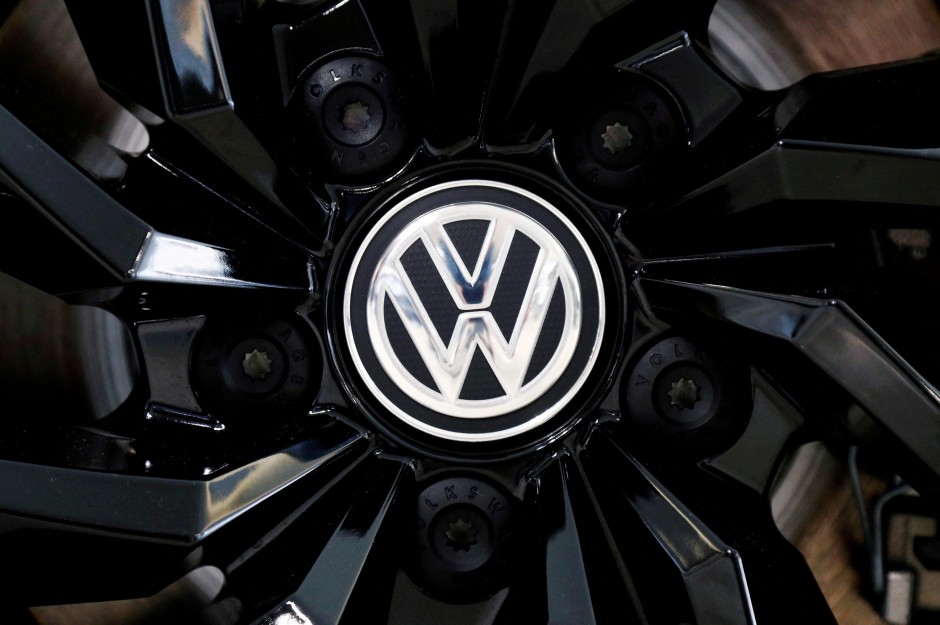
EAccording to the first key data, Europe’s largest carmaker Volkswagen was able to increase its profit in ongoing business in 2022, despite the Ukraine war and energy crisis. However, the consequences of the bottlenecks in the supply of raw materials and the ongoing problems in a number of supply chains were still noticeable. As a result, extensive funds remained tied up in the inventories of the VW Group or in certain operating materials.
As the Wolfsburg company announced on Tuesday evening based on preliminary figures, the operating result before special effects increased from a good 20 billion euros in the previous year to 22.5 billion euros. The increase was therefore significantly lower than from 2020 to 2021 – but the expected return is in line with expectations, it said. It should be around 8.1 percent, after 8.0 percent in 2021. In other words, VW would keep arithmetically from 100 euros in proceeds without taking into account taxes, interest and other factors, 8.10 euros in the cash register.
Volkswagen AG has not yet announced the bottom line profit. It should be announced with the presentation of the full annual report on March 14th. According to the information provided, the largest German company was able to increase its sales from 250.2 billion euros to 279 billion euros last year. One reason for this is likely to be higher average prices for the vehicles delivered – because the number of total sales fell considerably.
Production jams instead of flowing traffic
The almost chronic shortage in the purchase of microchips and other electronics had led to congestion in production and long waiting times for customers at many manufacturers – including at VW. In the second largest car group after Toyota, deliveries in 2022 fell by 7 percent compared to the previous year.
The group sold 8.26 million vehicles. In the previous year there were still about 8.88 million. All in all, the only growth region in 2022 was Asia-Pacific – if you exclude the most important market China, where it fell by 3.6 percent, in particular due to Covid lockdowns.
However, sales of electric models improved again. Here, the VW group brands achieved an increase of a good 26 percent to over 572,000 vehicles compared to the previous year. And the overall business also stabilized again over the course of 2022.
However, the net inflow of free cash – the so-called cash flow – fell short of the mark targeted by management: After around 8.6 billion euros in 2021, there were finally only around 5 billion euros in 2022 – the target had been at least the previous year’s level. The reasons given by VW were “the unstable supply situation and disruptions in the logistics chains, especially at the end of the year”.
Overall, the group had around 43 billion euros in liquid funds in its core car business at the end of December. That was significantly more than the almost 26.7 billion euros a year ago. The plus consists almost exclusively of the income from the IPO of the subsidiary Porsche, some of whose shares have been traded since September.









